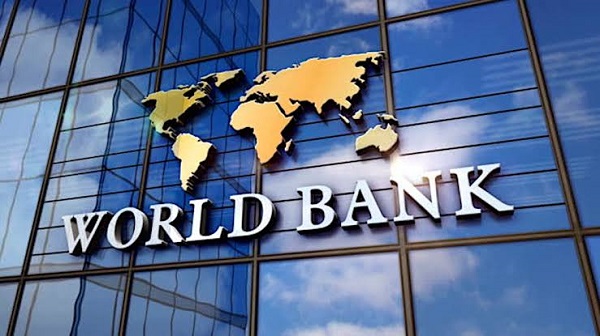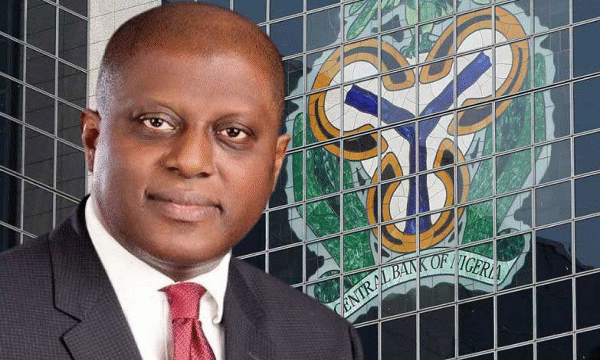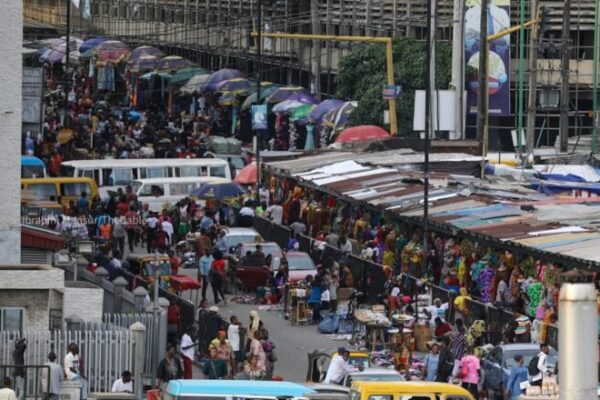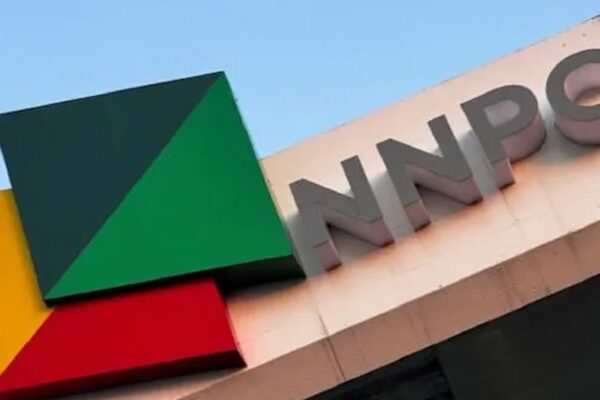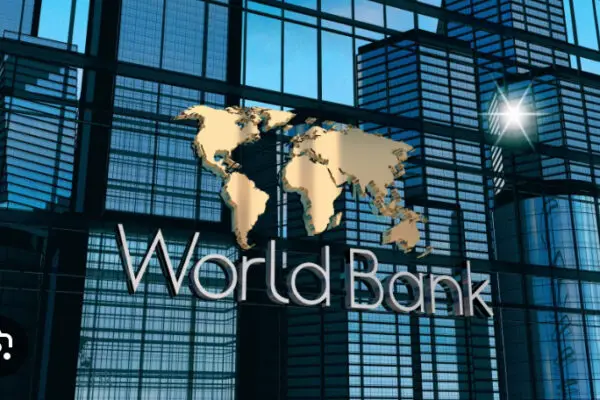Socio-Economic Rights and Accountability Project (SERAP) has urged Mr Bayo Bashir Ojulari, Group Chief Executive Officer of the Nigerian National Petroleum Company (NNPCL) Limited “to account for and explain the whereabouts of the missing N500 billion, which the NNPCL failed to remit to the Federation Account, between October 2024 and December 2024, as revealed by the World Bank.” SERAP urged Mr Ojulari “to identify those suspected to be involved, surcharge them for the full amount involved, and hand them over to the Independent Corrupt Practices and Other Related Offences Commission (ICPC) and the Economic and Financial Crimes Commission (EFCC) for investigation and prosecution.” SERAP also urged Mr Ojulari “to invite the EFCC and ICPC to investigate the spending and whereabouts of the N500 billion, and to ensure the full recovery and remittance of the money to the Federation Account without further delay. The World Bank had last week disclosed that out of the N1.1trn revenue from crude sales and other income in 2024, the NNPCL only remitted N600bn, leaving a deficit of N500bn unaccounted for. The International Monetary Fund (IMF) also recently called for the subsidy removal savings to be transferred to the national budget. In the Freedom of Information request dated 17 May 2025 and signed by SERAP deputy director Kolawole Oluwadare, the organisation said: “There is a legitimate public interest in explaining the whereabouts of the alleged missing N500 billion oil money and grave violations of the Nigerian Constitution 1999 [as amended]’” SERAP said, “The country’s oil wealth ought to be used solely for the benefit of the Nigerian people, and for the sake of the present and future generations.” According to SERAP, “Nigerians have the right to know why the NNPCL failed to remit the subsidy removal savings to the Federation Account, and why the NNPCL is deliberately denying states and local governments their allocations from the Account, contrary to the provisions of the Nigerian Constitution 1999 [as amended]” The letter, read in part: “Nigerians continue to bear the brunt of these missing public funds from the NNPCL meant for the economic development of the country. “We would be grateful if the recommended measures are taken within 7 days of the receipt and/or publication of this letter. If we have not heard from you by then, SERAP shall consider appropriate legal actions to compel the NNPCL to comply with our requests in the public interest. “The missing oil revenue reflects a failure of NNPCL accountability more generally and is directly linked to the institution’s continuing failure to uphold the principles of transparency and accountability. “The Nigerian Constitution, Freedom of Information Act, and the country’s anti-corruption and human rights obligations rest on the principle that citizens should have access to information regarding the spending of their commonwealth. “SERAP notes that the Supreme Court in a groundbreaking judgment recently declared that the Freedom of Information Act ‘is applicable and applies to the public records in the Federation’, including those kept by the NNPCL. “SERAP is concerned that the Auditor-General of the Federation and Nigeria Extractive Industries Transparency Initiative (NEITI) have for many years documented reports of disappearance of oil money from the NNPCL. “The allegations have undermined economic development of the country, trapped the majority of Nigerians in poverty and deprived them of opportunities. “The failure by the NNPCL to remit the money to the Federation Account is a grave violation of the public trust and the provisions of the Nigerian Constitution, national anticorruption laws, and the country’s obligations under the UN Convention against Corruption. “Despite the country’s enormous oil wealth, ordinary Nigerians have derived very little benefit from oil money primarily because of widespread grand corruption, and the entrenched culture of impunity of perpetrators. “Combating the corruption epidemic in the oil sector would alleviate poverty, improve access of Nigerians to basic public goods and services, and enhance the ability of the government to meet its human rights and anti-corruption obligations. “According to our information, the World Bank recently disclosed that out of the N1.1tn revenue from crude sales and other income in 2024, the NNPCL only remitted N600bn, leaving a deficit of N500bn unaccounted for. “The revenue and other income were expected to be paid into the Federation Account and shared by all levels of government but the NNPCL reportedly failed to do so. “SERAP notes that Section 15(5) of the Nigerian Constitution 1999 (as amended) requires public institutions to abolish all corrupt practices and abuse of power. “Section 13 of the Nigerian Constitution imposes clear responsibility on the NNPCL to conform to, observe and apply the provisions of Chapter 2 of the constitution. “Nigeria has made legally binding commitments under the UN Convention against Corruption to ensure accountability in the management of public resources. Articles 5 and 9 of the UN Convention against Corruption also impose legal obligations on the NNPCL to ensure proper management of public affairs and public funds. “These commitments ought to be fully upheld and respected. “Explaining the spending details and whereabouts of the missing N500 billion public funds, identifying those suspected to be responsible and ensuring that perpetrators are brought to justice and the full recovery of any missing public funds would serve the public interest and end the impunity of perpetrators. “The missing oil revenue has also impeded Nigerians’ ability to enjoy their economic and social rights, and denied them access to essential public goods and services, especially at the time of cost of living crisis in the country. “The missing oil revenue has further damaged the already precarious economy and contributed to very high levels of deficit spending by the government. “Had the NNPCL accounted for and remitted the alleged missing N500 billion to the Federation Account, it is likely that more funds would have been allocated to the fulfillment of economic and social rights, such as increased spending on public goods and services. “Without the full recovery and remittance of the missing N500 billion of oil revenue, the dire economic situation may worsen and Nigerians will continue to…
